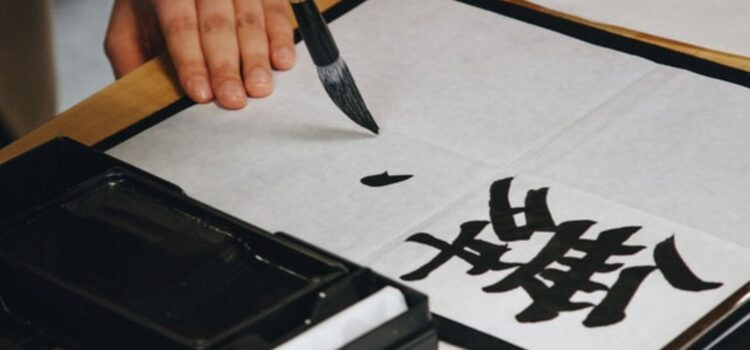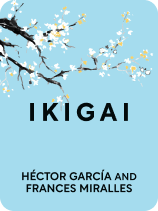

This article is an excerpt from the Shortform book guide to "Ikigai" by Héctor García and Francesc Miralles. Shortform has the world's best summaries and analyses of books you should be reading.
Like this article? Sign up for a free trial here .
Inspired by the Japanese way of life? What can Japanese wisdom teach you about living well?
The Japanese way of life and philosophy offer a very different perspective from the West on living well. The Japanese wisdom is all about integrating ancient philosophies into daily life.
Here are three concepts that will help you tap into the well of ancient Japanese wisdom.
3 Cool Concepts From the Ancient Japanese Wisdom
The Japanese are famous for their wisdom on living well. They’re also exceptionally good at encapsulating it in a succinct and elegant way. The concepts of ikigai, wabi-sabi, and ichi-go ichi-e will give you a glimpse of what the Japanese life philosophy is all about.
Ikigai: Your Reason for Being
The word ikigai is essentially the Japanese equivalent of the French raison d’être, meaning a person’s reason for existing or life purpose. According to the Japanese, each of us has a different ikigai. It could involve helping people or enjoying their companionship. It could also involve art, sport, business, science, or any number of other things.
You don’t necessarily have just a single ikigai. Einstein, for example, had two ikigais, physics and playing the violin. He said that if he hadn’t been a physicist, he would have devoted his life to music.
The following diagram helps to illustrate the various elements that go into your ikigai.
Wabi-Sabi: Acceptance of Imperfection
Wabi-sabi means finding beauty in imperfection and loveliness in things that are incomplete or flawed. The basic idea of the concept is that only flawed and imperfect things reflect the reality of an imperfect, incomplete, and fleeting world. A standard example of wabi-sabi in action is to find great value in a teacup that’s cracked or irregular.
To apply this principle in your own life, look around. You can find plenty of imperfect things in your daily life—objects, situations—where you can fruitfully apply this attitude.
Ichi-go Ichi-e: The Uniqueness of This Moment
Ichi-go ichi-e is the Japanese attitude of recognizing that the current moment only exists right now and will never come again. Its practical application is to quit losing yourself in memories of the past and thoughts about the future. Instead, choose to fully inhabit the present.
Japanese culture embraces the fleeting, vanishing nature of what we are and what we create. You can see this attitude in play in Japanese architecture. Unlike the West’s imposing and permanent-feeling cathedrals, temples, and skyscrapers, traditional Japanese buildings are made of wood, reflecting the spirit of valuing imperfection and recognizing impermanence.
Practicing wabi-sabi and ichi-go ichi-e in tandem can help you to build resilience, live in the present, and enjoy each moment by finding beauty in imperfection and recognizing imperfection as an opportunity for growth. These concepts teach that because all things vanish, you have to live your ikigai now or risk never living it at all. When you clearly know your ikigai, and when you embrace imperfection and impermanence, you’ll find that each moment seems to offer almost unlimited possibilities.

———End of Preview———
Like what you just read? Read the rest of the world's best book summary and analysis of Héctor García and Francesc Miralles's "Ikigai" at Shortform .
Here's what you'll find in our full Ikigai summary :
- How to apply the concept of ikigai, or life purpose, to your own life
- Why the people of Okinawa live longer than people anywhere else
- The 10 commandments of ikigai






